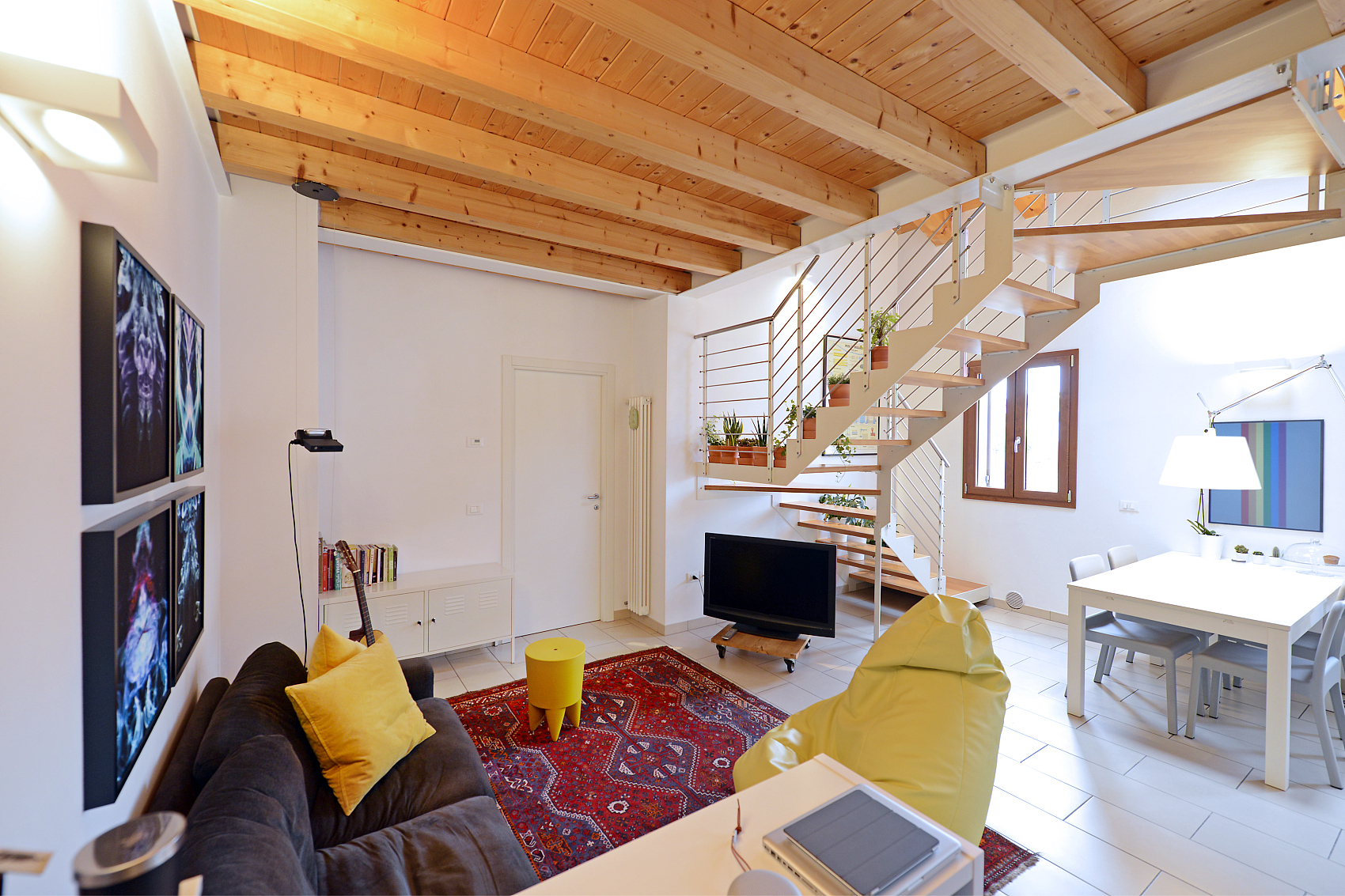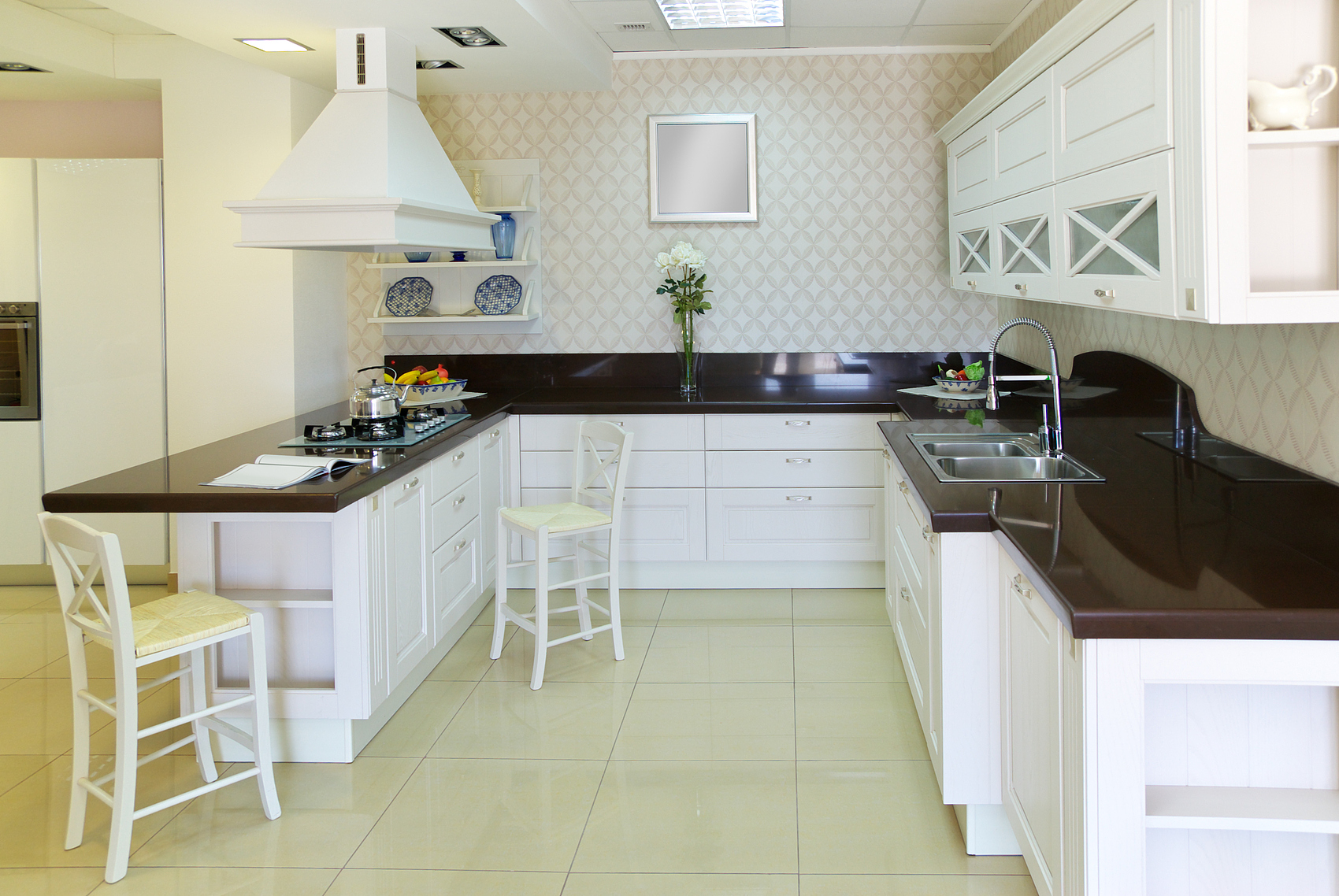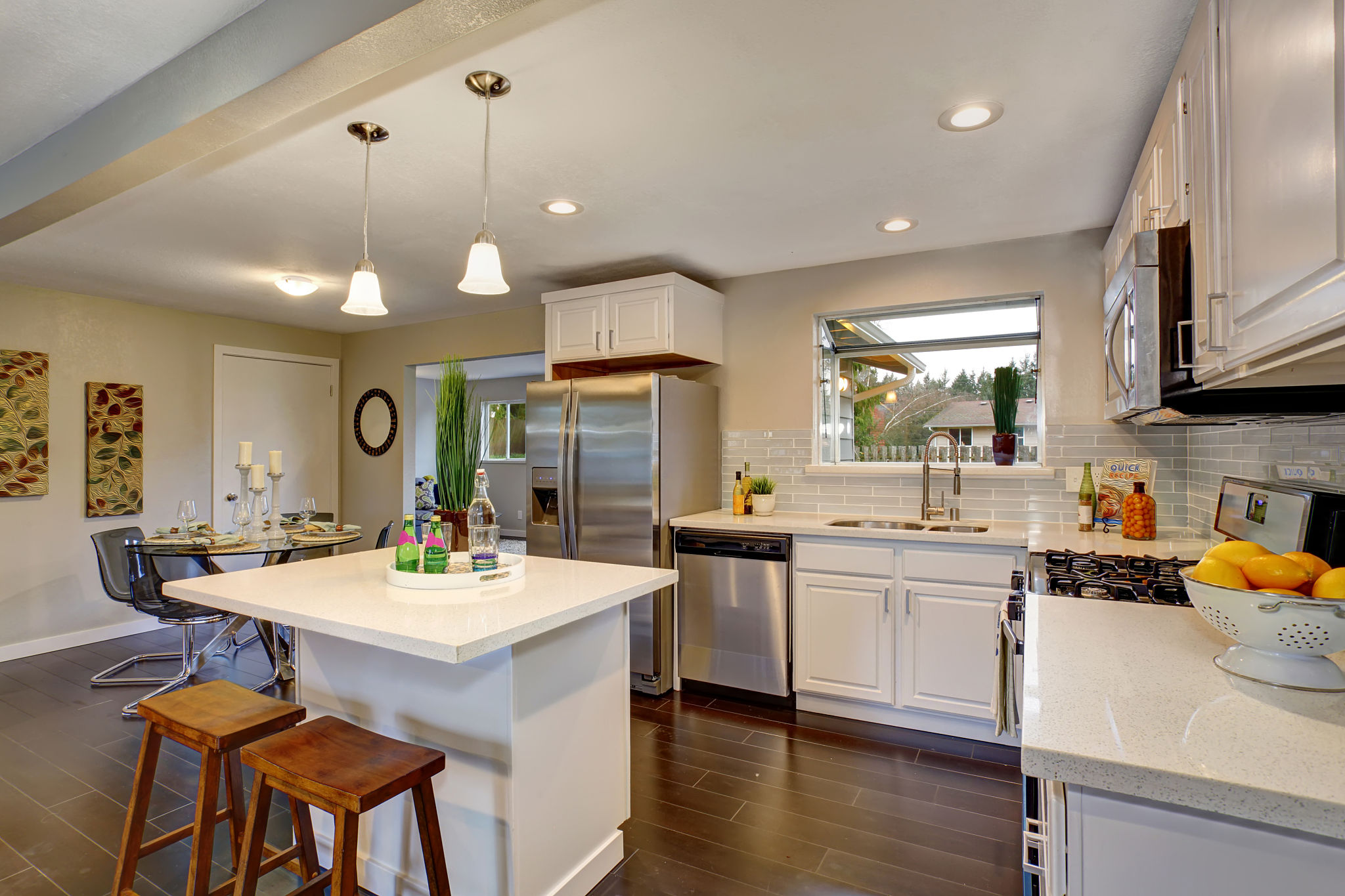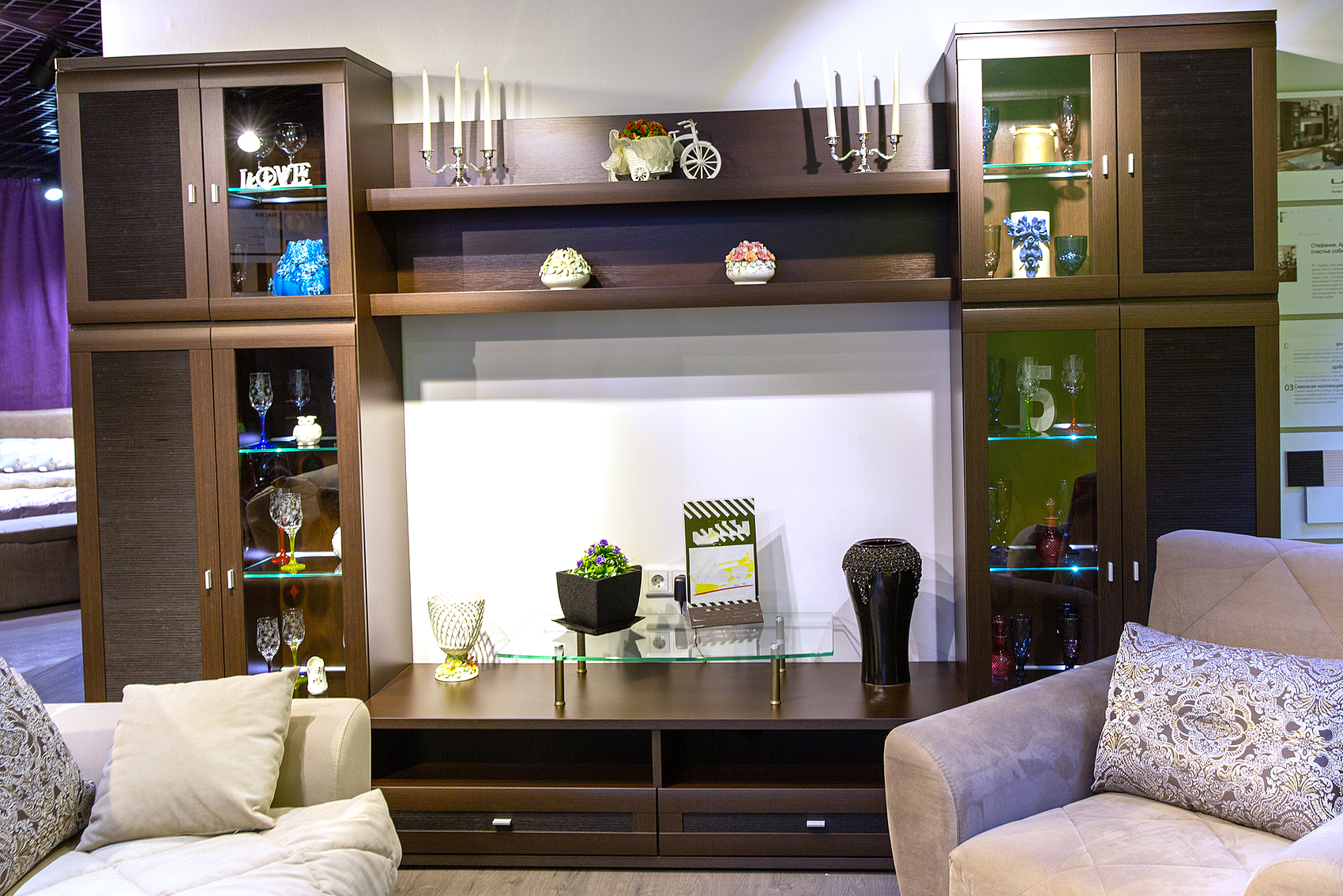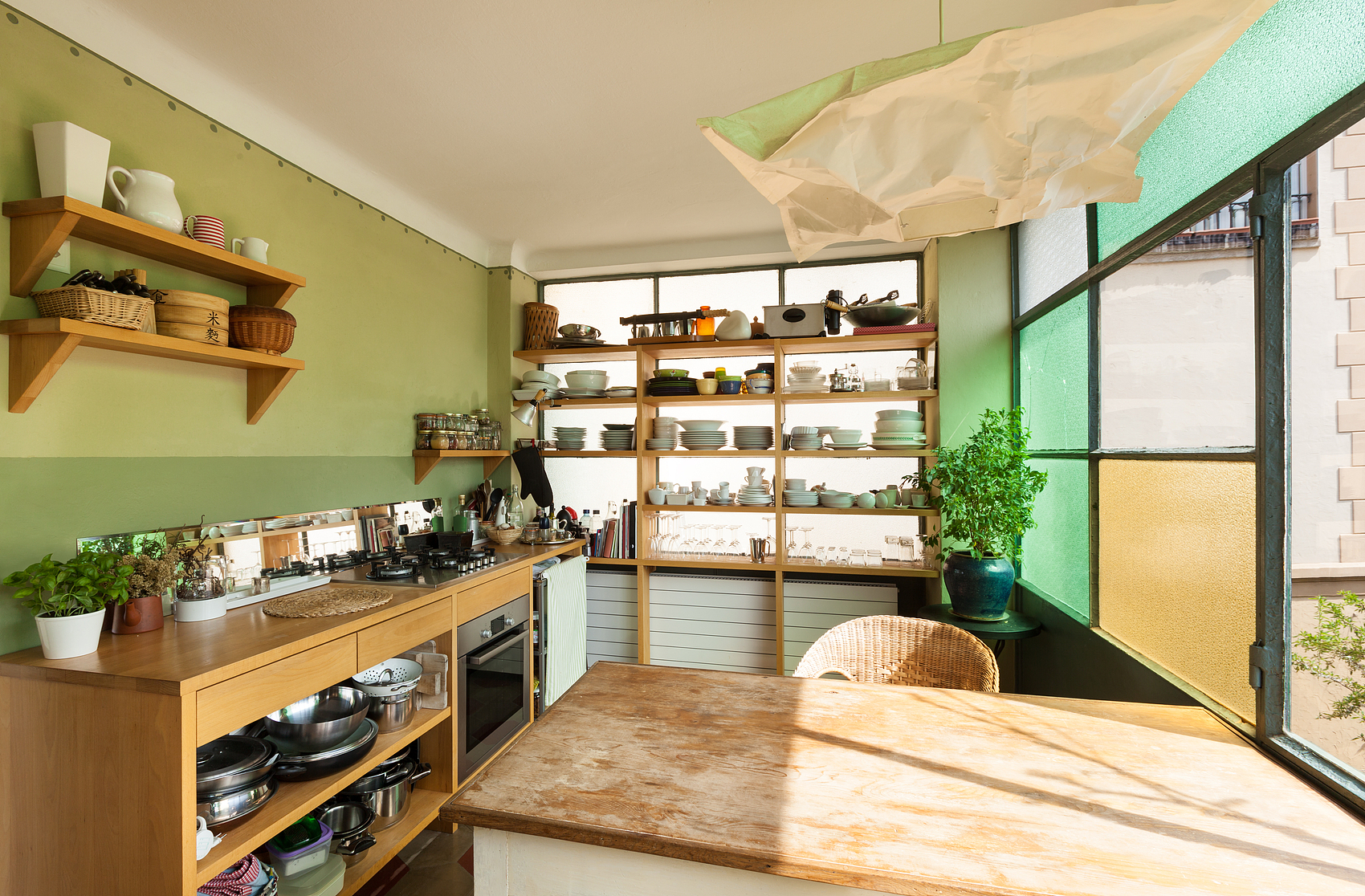In the UK, there are strict regulations in place to ensure the safety and health of people living in residential properties. The Housing Act 2004 outlines that any room used for sleeping must have proper ventilation, which typically means having a window that allows for both airflow and an escape route in case of an emergency.
In short, it’s legally required for bedrooms to have windows that can open. This is essential not only for ventilation but also to provide a safe exit in case of a fire or other emergencies. On top of that, windows let in natural light, contributing to a more comfortable living space.
If a property doesn’t meet these standards, it might be considered substandard and even illegal to use as a residence. To make sure a property meets the necessary regulations, it’s important to check with local authorities and building regulations. If you have concerns about a particular property, it’s a good idea to consult with the local council or seek legal advice to ensure it complies with the rules.
How to Ventilate a Bedroom Without Windows
If your bedroom doesn’t have windows, there are still several ways to keep the air fresh and prevent issues like mold and damp.
- Install a Ventilation System: A mechanical ventilation system, such as an extractor fan, can help circulate air and remove moisture. Heat recovery ventilation (HRV) systems are also great for exchanging indoor and outdoor air without losing heat.
- Door Ventilation: Keeping the door open during the day can help air circulate throughout the house. Adding vents or grilles to the door will also allow airflow into and out of the room.
- Use a Portable Air Purifier: Air purifiers with built-in fans can help move air around and keep it clean, making the environment more comfortable.
- Dehumidifiers: These devices are excellent at reducing moisture in the air, which can help prevent mold and improve air quality.
- Choose Breathable Materials: Use bedding, curtains, and furniture made from materials that allow air to flow freely. This can help reduce moisture buildup.
- Regular Cleaning: Keeping the room clean can help prevent dust and allergens from accumulating, which improves overall air quality.
- HVAC Systems: If the room is part of a central heating or cooling system, ensure that the HVAC system is well-maintained and includes proper filtration to improve indoor air quality.
- Cross-Ventilation: Open doors and windows in nearby rooms to allow fresh air to move throughout the space, improving the airflow.
Good ventilation is key for healthy indoor air, so if you’re unsure about the best solution for your room, it’s a good idea to consult with a ventilation or HVAC professional.

What Does a Bedroom Need to Be Considered a Bedroom?
To be legally considered a bedroom, a room must meet certain standards. Here are the main requirements:
- Adequate Size: The room must meet the minimum size requirements specified by local building codes.
- Ceiling Height: Bedrooms usually need a standard ceiling height to be considered habitable.
- Natural Light: The room should have access to natural light, which usually comes from windows, skylights, or other openings.
- Egress: There must be a safe exit route from the room in case of an emergency, typically provided by a window or another exit.
- Closet Space: While not always required by law, many bedrooms include closet or wardrobe space for storage.
- Heating and Ventilation: The room needs proper heating and ventilation to ensure comfort and good air quality.
- Electrical Outlets: Bedrooms should have enough outlets to accommodate electrical devices.
- Safety Features: Smoke detectors and, in some cases, carbon monoxide detectors are required in bedrooms for safety.
- Privacy: A bedroom should provide privacy for the person using it.
- Flooring: The flooring should be in good condition and suitable for a comfortable living space.
- Accessibility: The room should be easy to access, with a clear path to and from it.
Requirements can vary based on where you live, so it’s always a good idea to check with your local building codes or inspectors to ensure your room meets the necessary standards.

What Happens If Your Bedroom Doesn’t Have a Window?
If your bedroom doesn’t have a window, there could be consequences depending on local building codes and regulations. In many areas, building codes are in place to ensure the safety of occupants. If a property doesn’t comply, building inspectors may issue a notice of violation, requiring the property owner to make improvements. If the necessary changes aren’t made, the owner could face fines, legal actions, or even restrictions on using the property as a residence.
It’s important to be aware of local regulations and ensure that any property you’re living in or considering meets the required safety standards. If you’re unsure about whether your property complies, it’s best to check with local building authorities or seek legal advice to resolve any issues.







